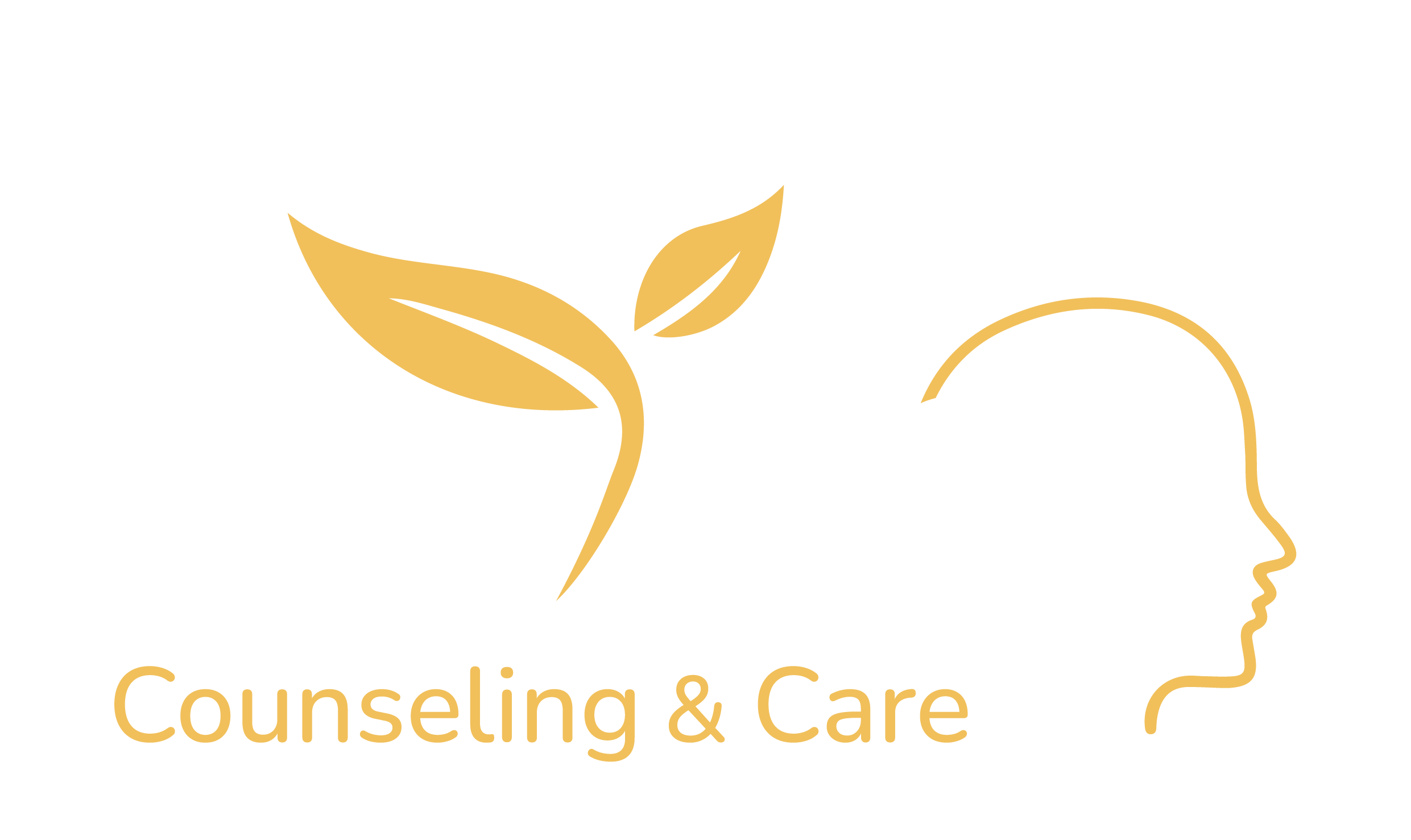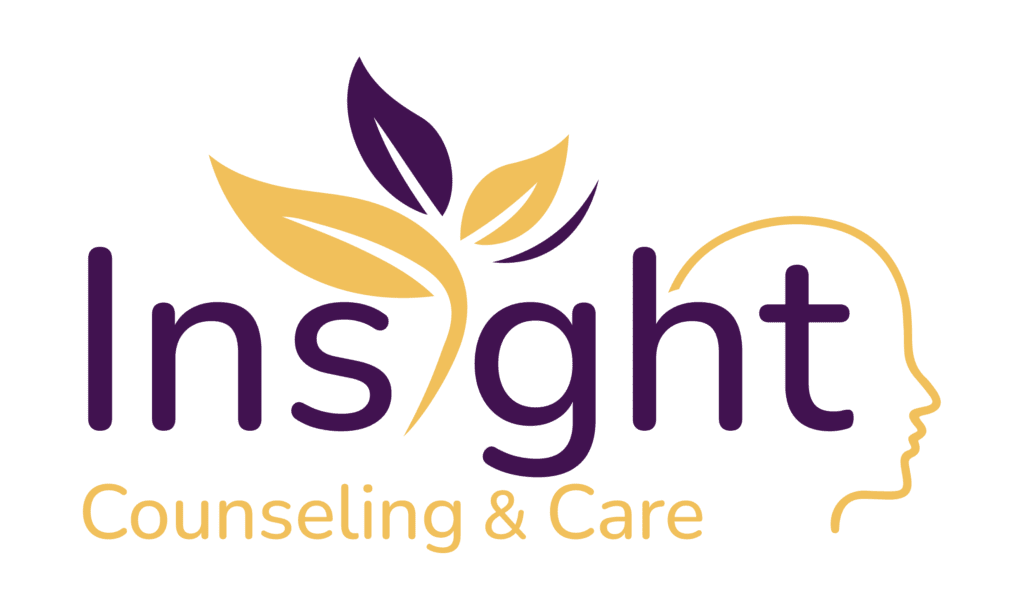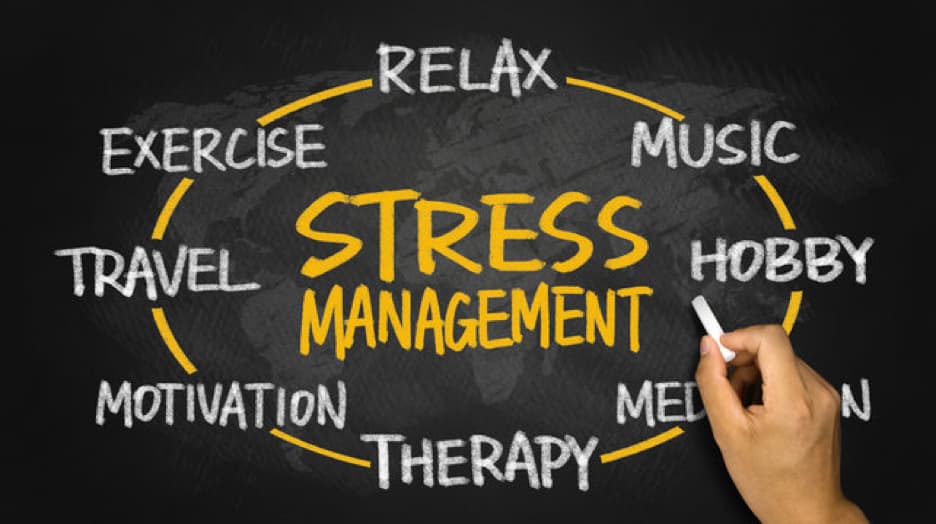Imagine, you wake up in the morning, just as you always do. Immediately, you go into your bathroom to brush your teeth, but not before flicking the light switch on and off 5 times so nothing bad happens to your family.
You go into the kitchen to make some breakfast to start your day. Eggs sound nice! When you crack one you notice a small speck of shell got into the mixture, so it’s time to dump it and try again. It only took 3 tries to get it right, but, I mean, you wouldn’t want to be internally harmed by the shell … right?
Obsessive-Compulsive Disorder is often described as wanting things neat and in a certain order. People often believe that it is all about cleanliness and solely revolves around a fear of germs. However, OCD is comprised of many different attributes and themes that many people do not realize can be part of this disorder. Often, people with OCD will experience obsessions and compulsions.
Obsessions can be categorized as recurring, unwanted thoughts while compulsions are behaviors that the person feels the need to repeat, usually in an attempt to prevent something from happening. These thoughts and behaviors may become so excessive that they begin to interfere with a person’s daily life.
While it may seem like your mind is your worst enemy, there are ways to cope with the symptoms of OCD. It is important to remember that this is a life-long journey and there will be moments where you feel defeated, but finding different coping mechanisms can help you navigate through those tough moments.
Not every coping skill is going to benefit everyone since OCD is different for each individual person. However, it is important to try different skills to find the right ones that work for you! Reassurance is what people with OCD usually seek, but that will only add fuel to the fire. It can be scary to counteract these thoughts and behaviors, but it is possible.
1. Physically Move
Immediately, as the thoughts start, get up and move around. Whether you walk into another room of your house or take a walk around the block, this can help you to distract yourself but also prevents you from ruminating over your thoughts.
2. Wait out your Compulsions
Once the urge to complete a behavior begins, start by waiting 10 seconds to act. The next time you feel that urge, wait 20 seconds. Keep increasing the waiting time as you feel more comfortable. This can help you break out of the habit by showing your mind that you do not actually benefit from completing a compulsion and nothing bad will happen as a result of not acting on it.
3. Practice Mindfulness
When you feel overwhelmed with thoughts or behaviors, bringing yourself to the present moment is important. Sit down and take deep breaths. While you are doing this, focus on your breaths and the sounds, temperature, and scents around you. Remind yourself that you are in the present and have no control over the past or the future. The current moments you are living through are what matter most. This can help you accept the thoughts for what they are… just thoughts. They do not define who you are as a person.
4. Do the Opposite of your Compulsions
Once you feel the urge to complete a mental or physical compulsion, do not give into it. You are choosing not to fuel your OCD. Your compulsions are merely a temporary distraction or a quick fix which keeps you stuck. By resisting compulsions, you are teaching your brain that you can deal with this and that you have the power, not your OCD.
Remember, you are never alone & we are in this together.
By: Olivia Paone, Administrative Assistant at ICC







